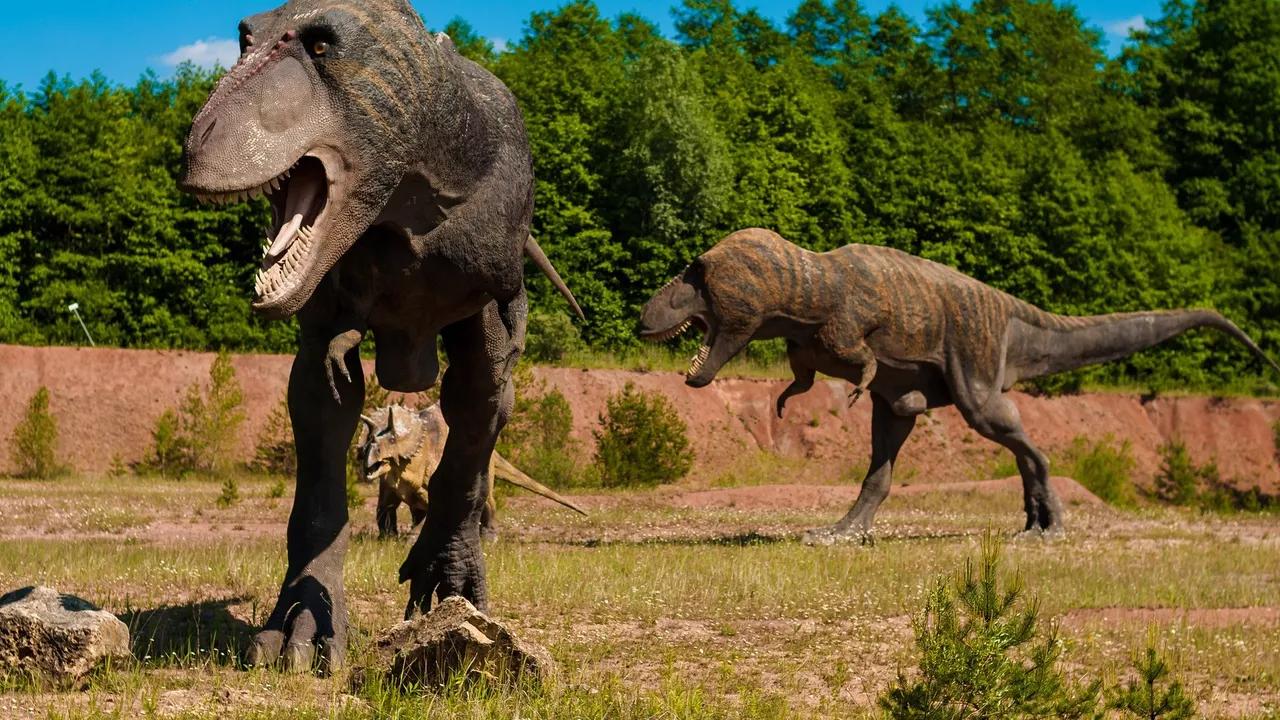Africa-Press – South-Sudan. Scientists have debated whether dinosaurs were cold-blooded, like the reptiles they seemed to resemble, or warm-blooded for a long time. Now, it seems that there is finally a definitive answer.
Yale University molecular paleobiologist Jasmina Wiemann has discovered a new method that allows scientists to determine dinosaurs’ metabolic rates based on their fossils. The method effectively allows investigators to determine whether the prehistoric creatures were warm-blooded or cold-blooded.
The researchers studied waste products that form when oxygen is inhaled by the body and reacts with proteins, sugars and lipids. The quantity of these products can indicate whether an animal was cold-blooded or warm-blooded.
In order to examine this, scientists analysed the thigh bones of 55 different creatures, from dinosaurs to birds and lizards. The molecules do not dissolve in water and preserve well in fossils; the only thing the researchers had to do was analyse them using infrared spectroscopy and then compare findings with the data on animals whose metabolism is well-studied.
The paleobiologist noted that animals that are warm-blooded need a higher metabolism to fuel themselves, and it turns out that the majority of dinosaurs were warm-blooded, even though there are exceptions, such as the Stegosaurus, Triceratops, and Hadrosaur. These animals, according to Wiemann, “secondarily reduced their metabolic rates to those found in modern ectotherms (i.e., lizards), suggesting thermoregulatory behaviours such as seasonal migration, sun-basking, or preferences for warm climates.”
The findings undermine the theory that many animals survived mass extinction due to their high metabolism, with the results pointing out that dinosaurs with similarly high metabolic activity also became extinct.
With climate change raising concerns across the globe, scientists believe it is important for us to understand how modern and extinct animals responded to previous climate crises in order to be able to map out future actions.
For More News And Analysis About South-Sudan Follow Africa-Press






